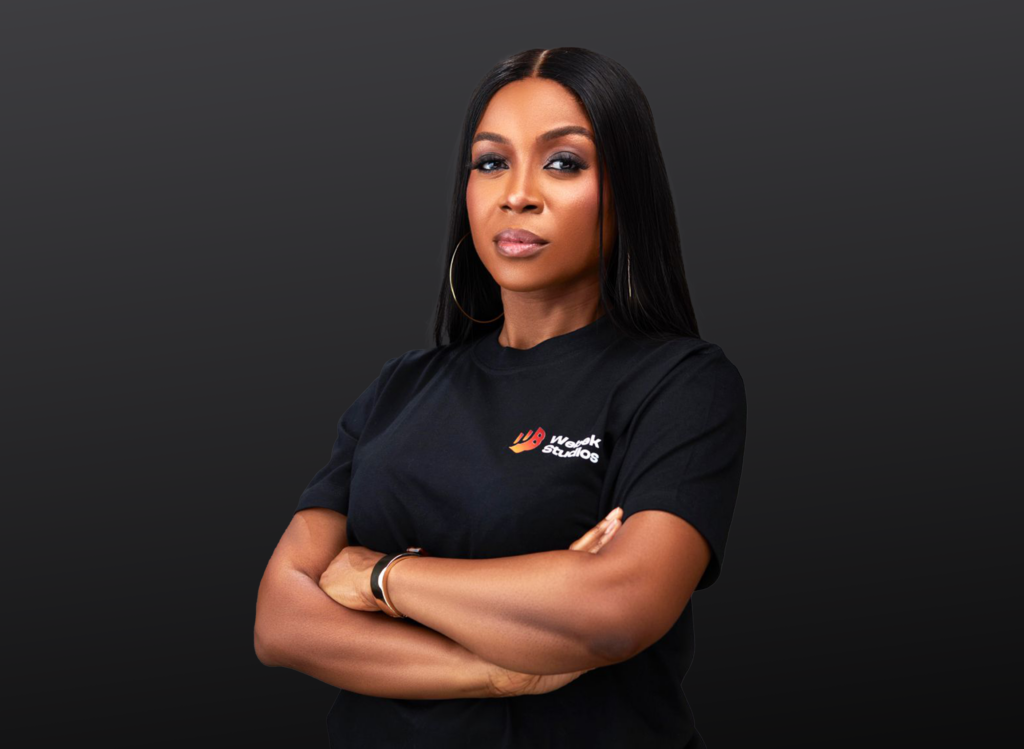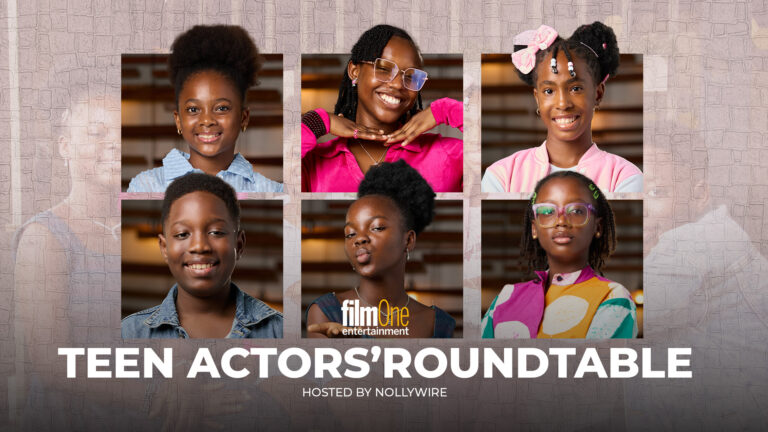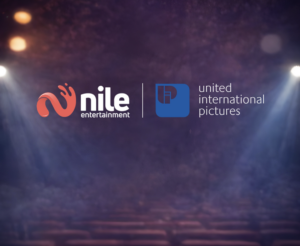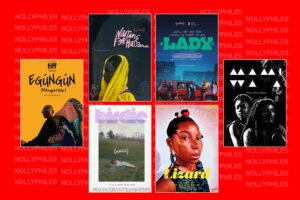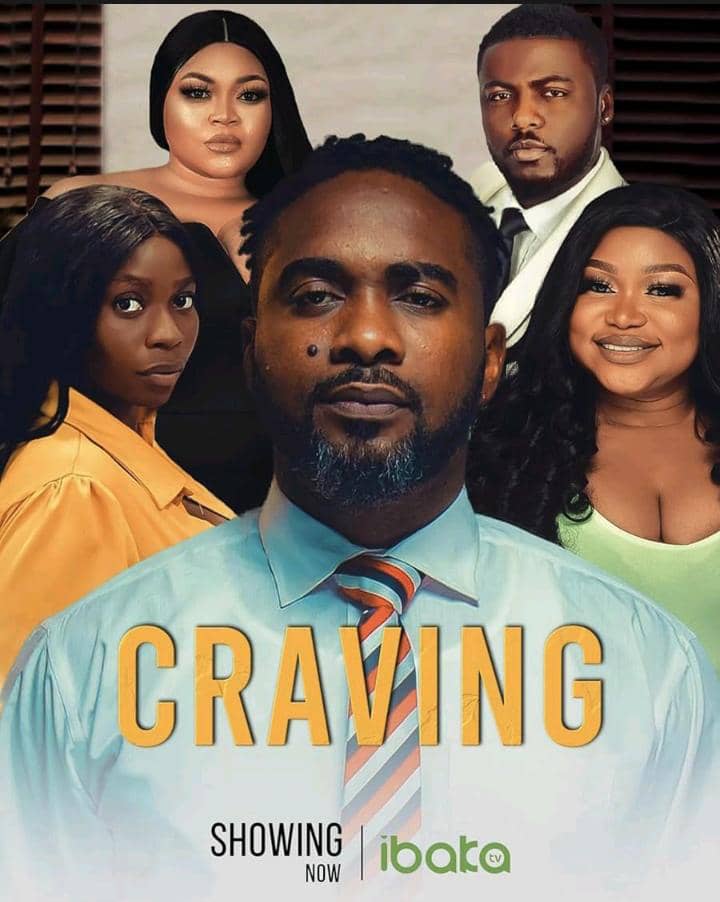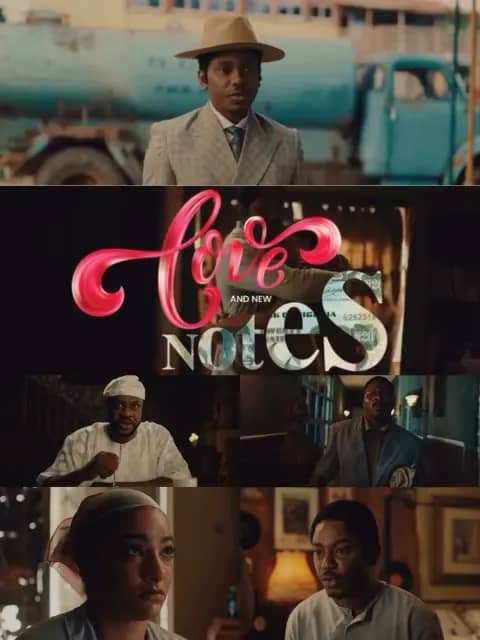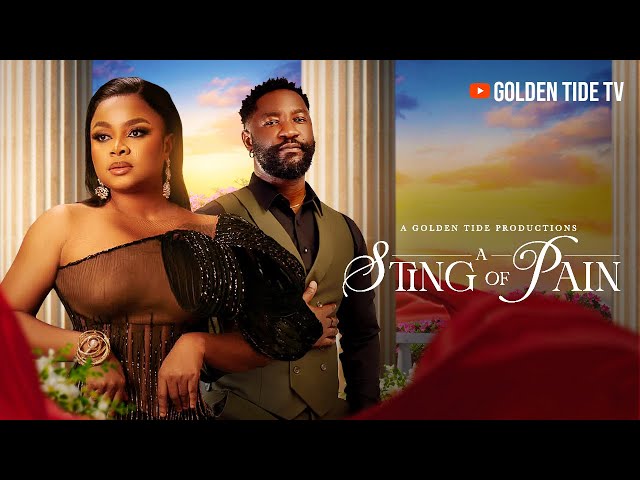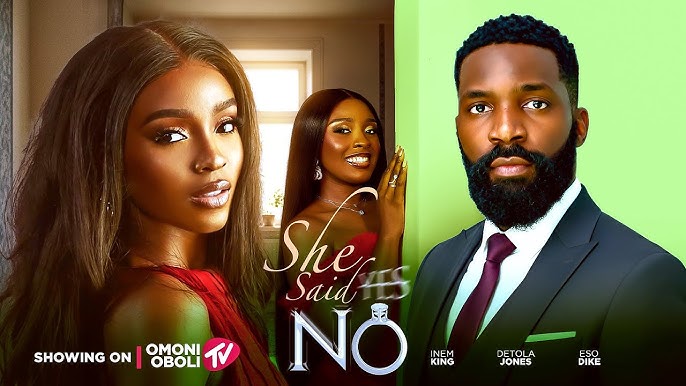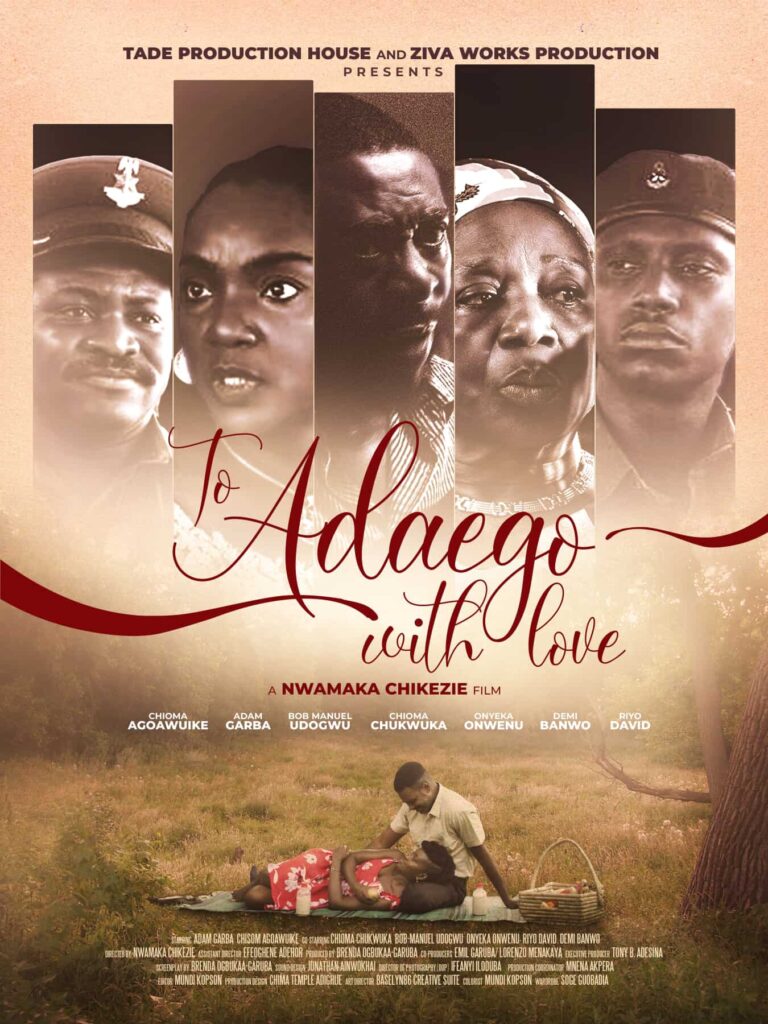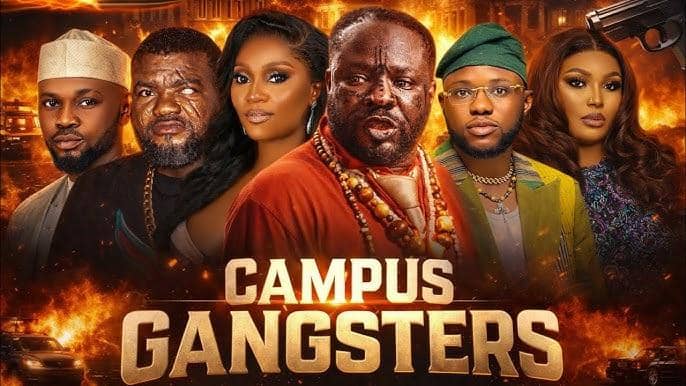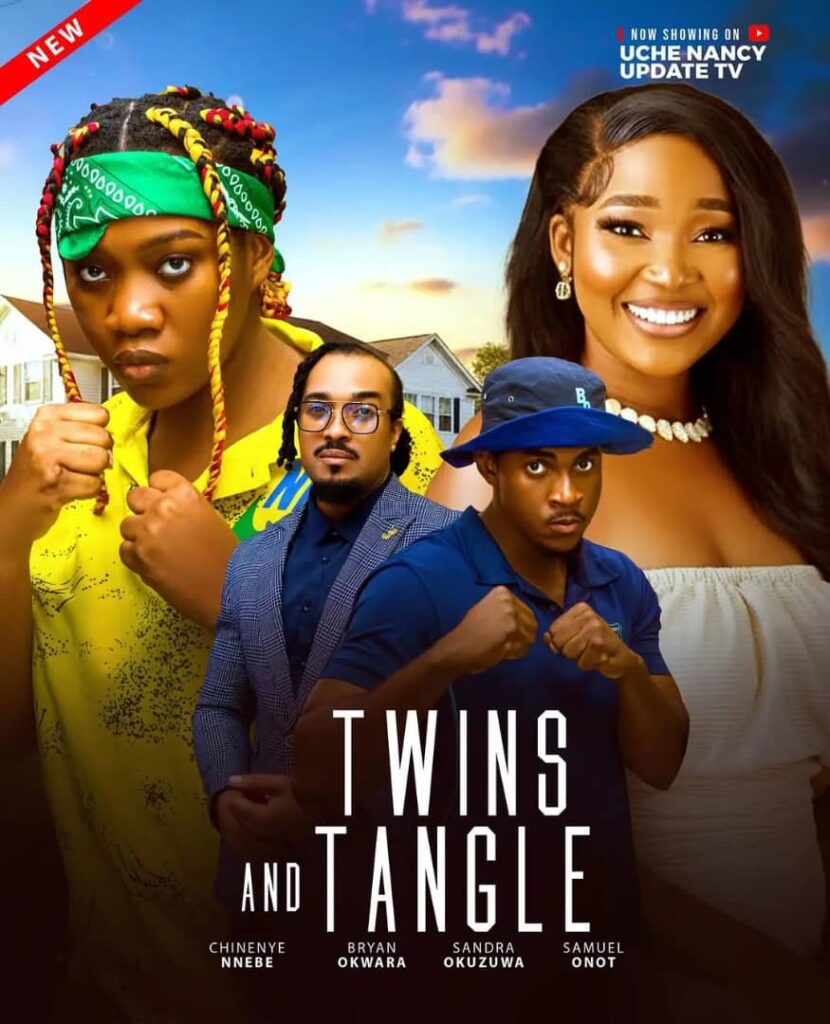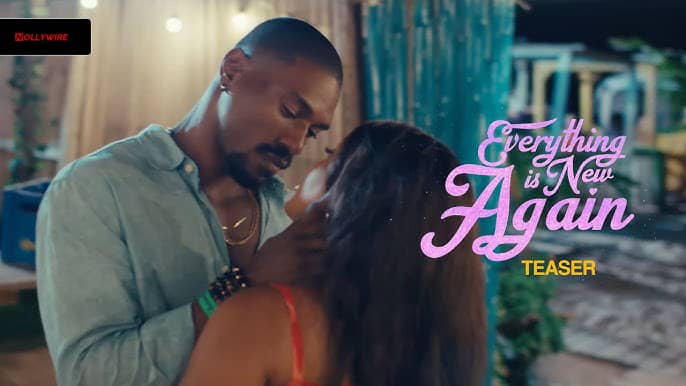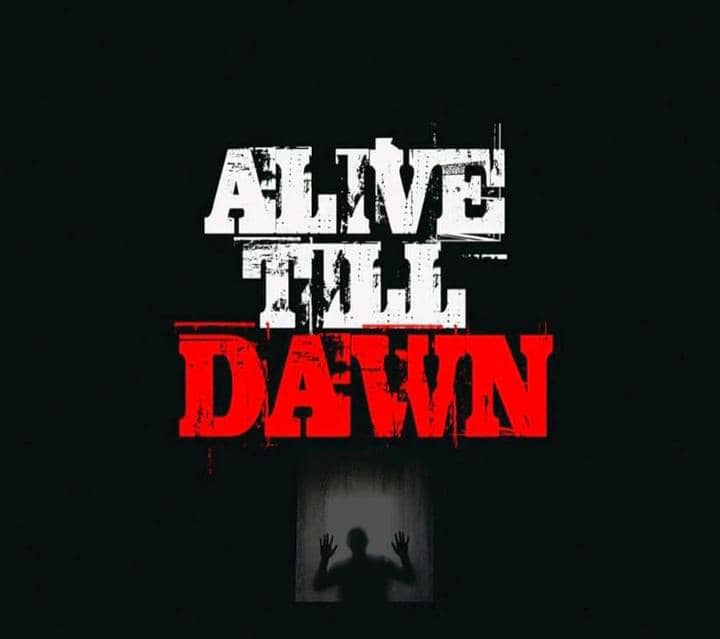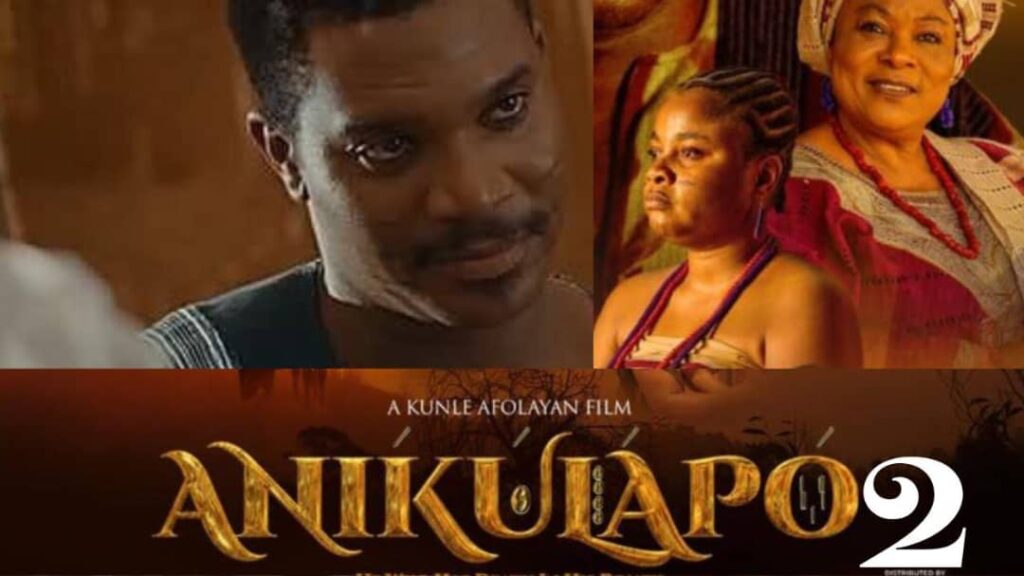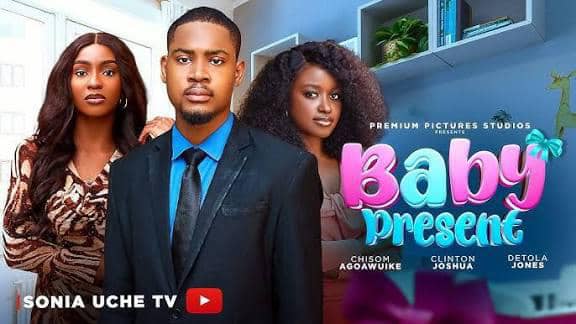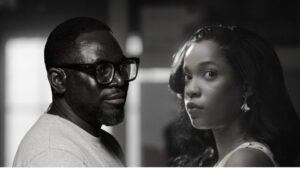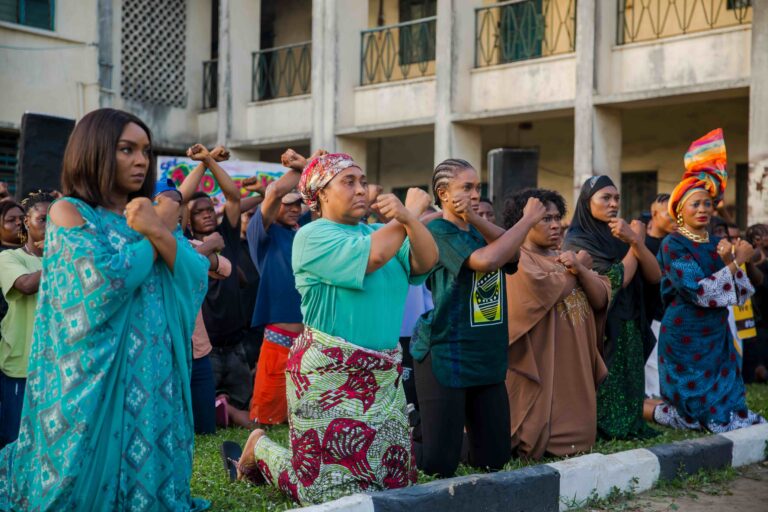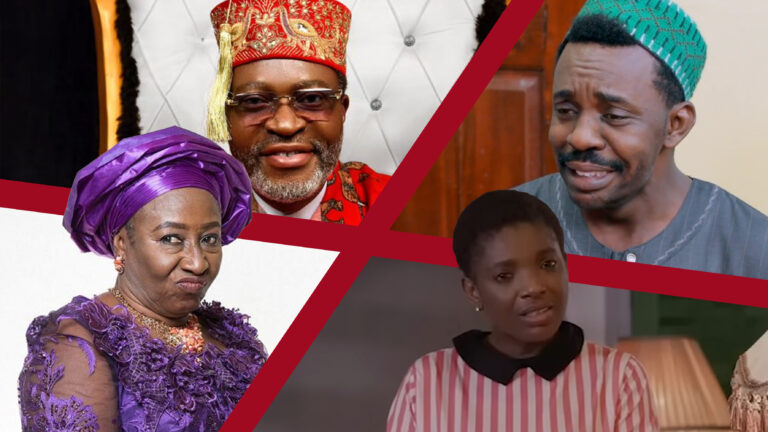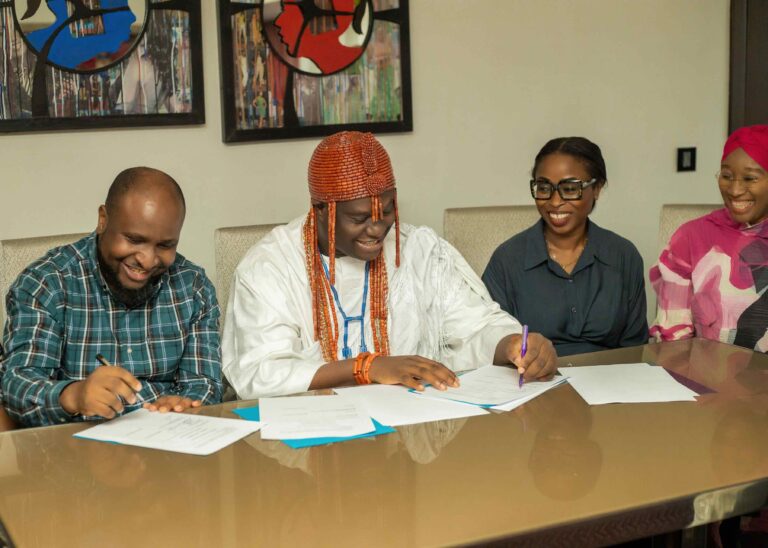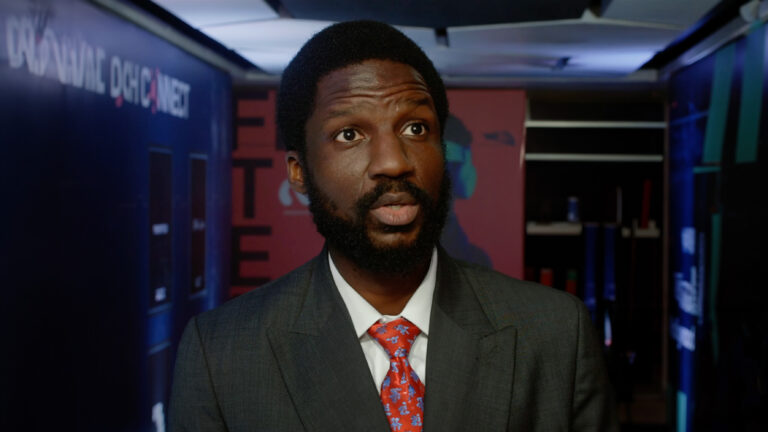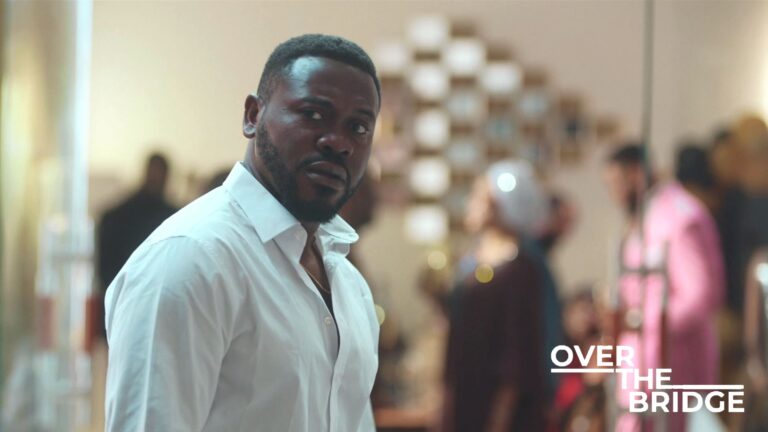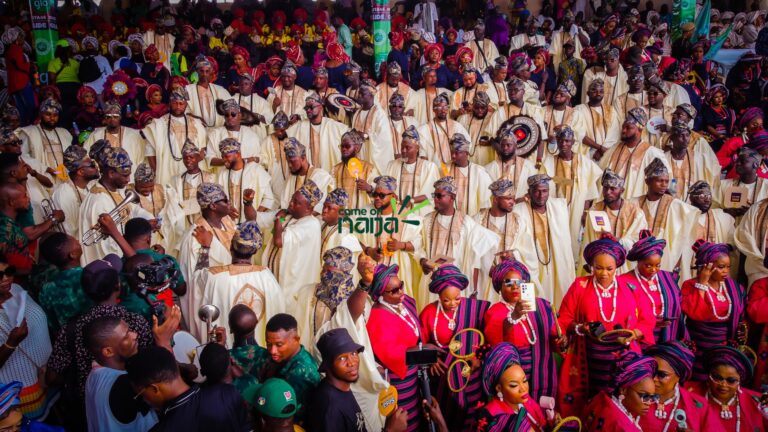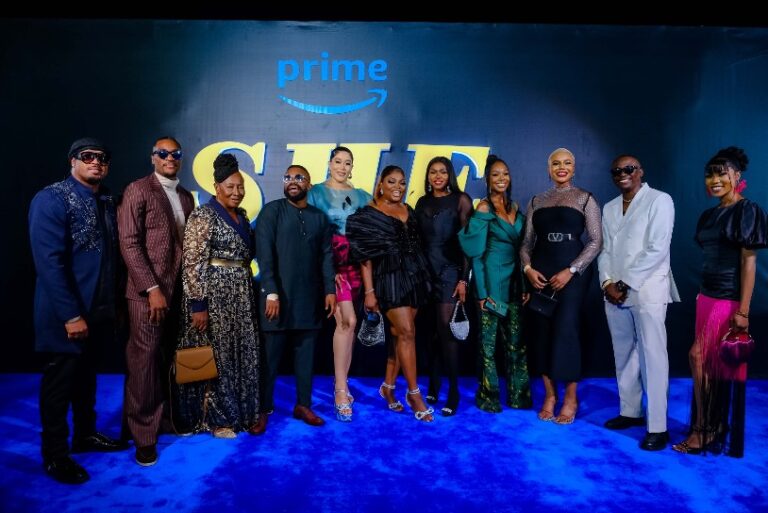Edith Nwekenta exudes a quiet confidence that is immediately noticeable. Her journey through the film and television industries across the UK, Ghana, Nigeria, and the US has given her a unique perspective on creativity, storytelling, and the urgent need for collaboration. Now at the helm of Webek Studios, she envisions a future where Nigerian stories not only dominate local screens but resonate internationally.
The need for well-executed creativity in Nollywood has long been a subject of discussion. For Nwekenta, the challenge isn’t a lack of talent but rather the absence of structured training and development. In other film industries, education and rigorous training are prerequisites for becoming a filmmaker, director, or cinematographer. In Nigeria, however, many enter the industry through shadowing others on set, often without formal education in their craft.
“There’s a lot of shadowing going on,” she notes. “Oh, I’ve been on set with this person or that person, but actually reading, being trained, and receiving structured assignments—that’s what makes the difference.” Training, she insists, is non-negotiable. Learning the technical aspects of storytelling and filmmaking allows for better execution, ensuring that good ideas are fully realised on screen rather than lost in poor direction, weak production design, or rushed development.
Nollywood’s accelerated production timelines are another area of concern. Edith Nwekenta draws a stark contrast between Nigeria and the UK, where development can take years, allowing for richer, more nuanced storytelling. In Nollywood, the industry’s fast-paced nature often means that stories don’t receive the care they need before they reach audiences. “It starts from the beginning,” she emphasises. “It’s not just about directors getting a script and not knowing what they’re doing—it’s about ensuring that development is properly done before the script even reaches them.”
Webek Studios, the company she co-founded, is not seeking to change the African narrative but rather amplify Nigerian stories using universal themes that resonate beyond the country’s borders. “Our films should be relatable across different cultures. There’s no reason someone in Belgium shouldn’t be able to watch a Nigerian film and connect with it just as they would an American or French film.” Achieving this goal, however, requires international collaborations. The industry has long been inward-looking, with many filmmakers hesitant to extend their reach beyond familiar Nollywood structures. Nwekenta sees Webek Studios as a bridge between local and global creatives, ensuring that Nigerian stories meet international standards while staying true to their roots.
Convincing Nigerian studios and filmmakers to adopt this broader vision is a challenge, especially when the current system allows for quick returns. Many filmmakers prioritise speed over longevity, opting to shoot and release films within a calendar year rather than investing the time required for a global impact. “We’re not chasing quick victories,” Nwekenta states firmly. “We want longevity. If it takes us a year and a half to make a film, then that’s what we’ll do.”
The issue of sustainability in the international streaming market further underscores her point. When Netflix first entered the Nigerian market, excitement was high, and many believed it would be a permanent game-changer for Nollywood. However, in subsequent years, it became clear that global platforms would not automatically sustain Nollywood content unless it met certain quality standards. Netflix and Amazon are no longer investing in Nigerian films the way they initially did, reinforcing the idea that execution matters just as much as creativity.
If there is one thing Nwekenta believes can significantly transform Nollywood, it is collaboration. “You’re not an island,” she says. “It takes a village to make a great film.” Nigerian filmmakers, she argues, often operate in silos, with many focusing on individual achievements rather than collective growth. True progress, however, comes from working together at all levels—producers, directors, writers, and actors—rather than relying solely on international corporations like Netflix or Amazon.
“We need to realise that the people around us are our greatest assets. By the time you’ve spoken to one person who connects you to another, you’ve already covered significant ground. We don’t need to constantly look abroad for validation—we already have the resources we need right here.”
Despite the challenges, Nwekenta is optimistic. Webek Studios’ approach prioritises partnerships with international creatives of Nigerian descent, ensuring that the industry benefits from both local expertise and global best practices. It’s not about rejecting Nollywood’s current structure but enhancing it with strategic improvements.
She speaks with conviction about the impact Webek Studios will have in the next two years. ‘We want someone to turn on their TV anywhere in the world and watch a Nigerian story without feeling like it’s just a Nigerian film. We want it to be a great film, period.” This vision of universality is at the core of Webek Studios’ mission—crafting stories that resonate globally while staying authentically Nigerian.
For Edith Nwekenta, this journey is not just about business—it is a calling. “We didn’t just wake up and decide to do this,” she says. “We’ve prayed about it. This is bigger than us.” And with that kind of unwavering faith in the power of storytelling, Webek Studios might just be the change Nollywood has been waiting for.

